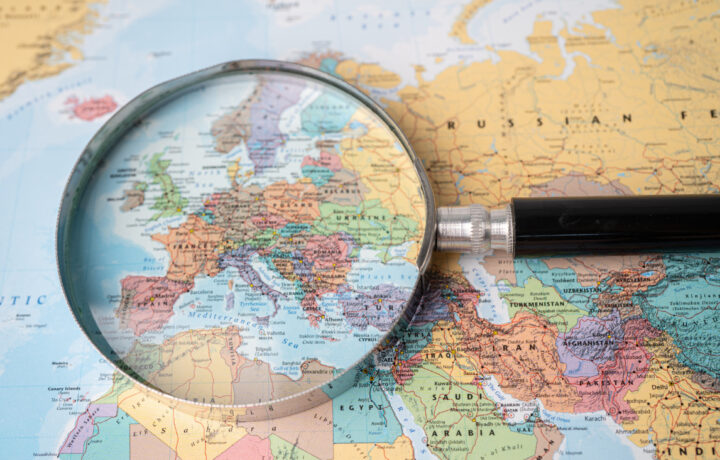A few months ago, with Russia holding oil and natural gas hostage, the world was very concerned for Europeans facing an extreme cold winter. Ordinary people were not going to be able to afford energy to warm and light their homes. The massive prices were going to inflict deep economic pain and force energy-intensive industries, like glass and steel foundries to shutter. This Russian-created crisis was derived to push European capitulation. In the absence of victory in their ware against Ukraine, nothing would have been more satisfactory for Russian President Vladimir Putin than the successful weaponization of energy and a dark and frozen Europe.
A Team Effort to Conserve Energy
But collectively, the continent and Britain have seemingly weathered the storm. Winter is not finished, but even with Brexit effects and EU dissension, it appears Putin’s frozen Europe has not become a reality. The winter has been a far warmer than average, and the situation is much better than originally anticipated. A cold scare at the beginning of December forced countries who were already conserving to do even more.
Yes, prices have gone up. But not like anticipated. Why? Probably the greatest overall defense against the crisis was cooperation. People conserved as requested. Industry conserved. But more importantly, countries cooperated. Morgan Stanley have stated that total gas demand for December was 19% below the EU its five-year average, with analysts stating the obvious solution for the shortage problem was the higher prices.
All Eyes Were on Germany
Germany was perceived to be one of the countries that would suffer the most under Russian energy weaponization. Therefore, Germany understanding the situation, has been in crisis mode since the severing of ties between Europe and Russia. German industry depends on tremendous amounts of energy, as things will come to a standstill without the flow. Ernst Buchow’s brick factory is one example, firing bricks in a giant kiln at 1,200C (2,192F). Ernst states, “If we don’t get any gas, we have to shut down the oven.”
Until recent months, Germany believed they could not survive without Russian fuel. Nord Stream Pipeline 1 and 2 projects between Russia, landing in Lubmin, Germany were developed to solve Germany’s fuel challenges, only to have an abrupt severing of Russian deliveries – due to fabricated mechanical issues and unknown saboteurs.
In addition to a government requested 20% energy reduction and a milder winter than expected, Germany has found more gas from other sources. Germany has been importing almost 20% more gas from Norway every month than last year. Dutch deliveries are up almost 30% from the previous year’s import of 13%. Russian import volume has remained at 0 throughout the winter, a massive drop from 60% of all German imports.
In addition to increasing imports from traditional customers, last summer Germany quickly put together a strategy to make ends meet without Russian gas. The North Sea coast is now home to Germany’s first import terminal for liquified natural gas (LNG). Built in less than 200 days, the Wilhelmshaven LNG Terminal took its first delivery of 170,000 cubic meters LNG or 97,147,000 cubic meters of natural gas from the U.S. This one delivery is enough to supply around 50,000 German households with energy for one year. But, to avoid shortages next year, experts say in other terminals like Wilhelmshaven must come online. In fact, five other terminals are planned, with most scheduled for completion this year.
Future Outlook
However, there are cost associated with Germany importing LNG at more expensive prices. Other countries like Bangladesh and Pakistan have less purchasing power than the Europeans market. This may effectively lock out countries that cannot pay the heftier price, leaving poorer countries in a vulnerable position with rolling blackouts and an increased reliance on “dirtier” fossil fuels like coal.
Unimaginable 10 months ago, Germany is now managing without Russian gas. With a successful win, Chancellor Olaf Scholz stated recently to German Parliament, “Energy security for this winter is guaranteed.” In fact, the country’s gas stores are full due to and expensive buying on the world’s markets.




